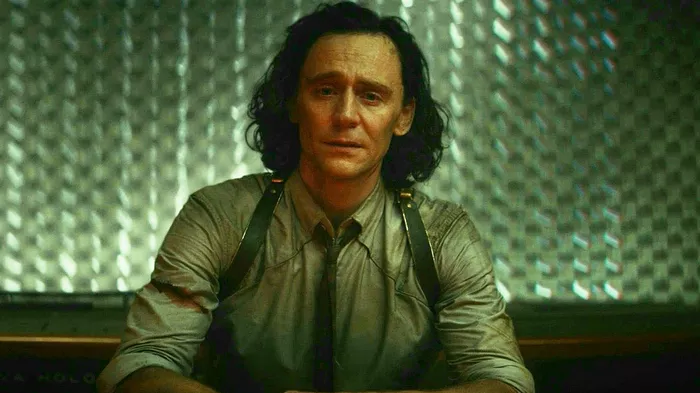In a bold departure from the established norm within the Marvel Cinematic Universe (MCU), Loki Season 2 shatters expectations by omitting the customary post-credits scenes. This deviation from the post-credits trend, notably initiated by Avengers: Endgame, marks a deliberate choice to emphasize conclusions, finality, and pay homage to the character’s profound journey.
I. A Silent Farewell: Loki Season 2’s Omission of Post-Credits Scenes
One of the most recognizable features of MCU films and series has been the inclusion of post-credits scenes, offering glimpses into the future, teasing upcoming storylines, or introducing new characters. Avengers: Endgame, a cinematic milestone, set a precedent by weaving crucial post-credits scenes into the narrative, leaving audiences in eager anticipation of what lies ahead. However, Loki Season 2 breaks this tradition, opting for a more restrained and poignant conclusion that eschews the usual post-credits spectacle.
II. A Tribute to Loki: Concluding the God of Mischief’s Journey
The decision to forgo post-credits scenes in Loki Season 2 is not arbitrary; it serves as a deliberate tribute to the character’s intricate journey and ultimate sacrifice. As Loki grapples with his desires and responsibilities throughout the series, the absence of post-credits scenes becomes a statement in itself, emphasizing the gravity of the God of Mischief’s evolution. The finale becomes a platform to honor Loki’s growth and the emotional resonance of his story, providing a fitting conclusion to a character who has left an indelible mark on the MCU.
III. Significance Over Spectacle: Prioritizing Storytelling and Message
By sidestepping the post-credits formula, Loki Season 2 underscores a commitment to storytelling over spectacle. The decision is a calculated one, demonstrating that sometimes the most impactful moments are found within the narrative itself. The season’s conclusion becomes a canvas for exploring the deeper themes of love, sacrifice, and self-discovery that define Loki’s character arc. In this shift of focus, the creators signal that the weight of the story takes precedence over the teasing of future events.
IV. Silence Speaks Volumes: The Impact of Loki Season 2’s Conclusion
The absence of post-credits scenes speaks volumes about the confidence in the narrative’s impact and the belief that the conclusion itself is a powerful statement. Loki Season 2’s silence echoes the sentiment that not every story requires a teaser for what comes next; sometimes, the beauty lies in allowing the audience to reflect on the journey they’ve just witnessed. This departure from the MCU’s established post-credits tradition challenges expectations, inviting viewers to appreciate the subtlety and poignancy of a well-crafted conclusion.
V. The Finality of Loki’s Tale: A Fitting Conclusion to the God of Mischief’s Arc
The decision to break the post-credits trend aligns with the sense of finality embedded in Loki Season 2’s ending. As the God of Mischief makes significant sacrifices for the sake of others, the conclusion serves as a culmination of his character arc. The absence of post-credits scenes enhances the feeling of closure, allowing Loki’s tale to rest with a sense of completeness, a rarity in a universe known for its interconnected and sprawling narratives.
VI. Embracing the Unconventional: Loki Season 2’s Quiet Revolution
Loki Season 2’s departure from the MCU’s post-credits tradition signifies a quiet revolution within the storytelling landscape. It challenges the notion that every narrative must end with a teaser for the future, proving that sometimes the most impactful conclusions are those that allow the story to linger in the minds of the audience. As the God of Mischief takes his bow, the unconventional choice to forego post-credits scenes leaves a lasting impression, paving the way for a new era where the significance of a story’s conclusion is not overshadowed by the promise of what’s to come.

